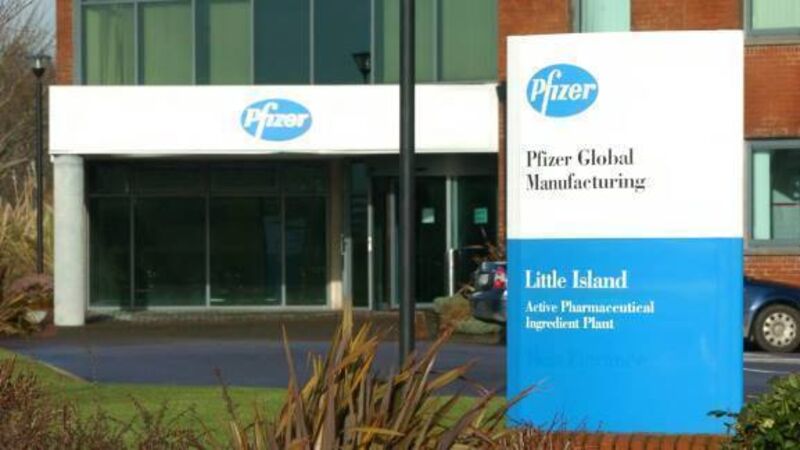Pfizer mega plan puts focus back on Irish tax

Botox-maker Allergan and Pfizer said they were in preliminary talks on a potential merger, a deal that would create the world’s largest drug maker.
A purchase of Allergan, which is registered in Ireland for tax purposes, with a market value of more than $113bn €102.4bn), would be the biggest in Pfizer’s long history of huge deals. It is worth almost $219bn.
















